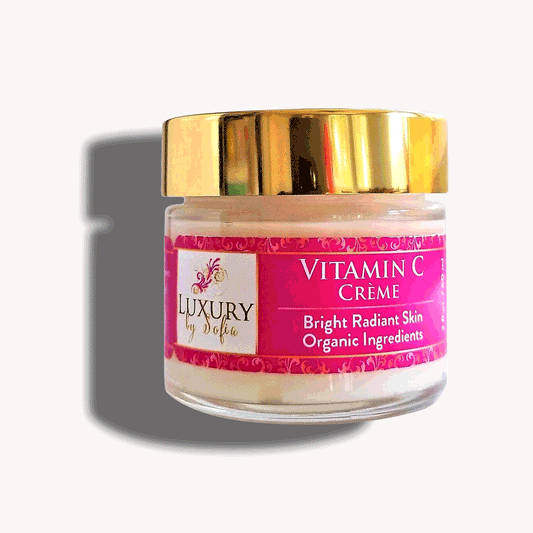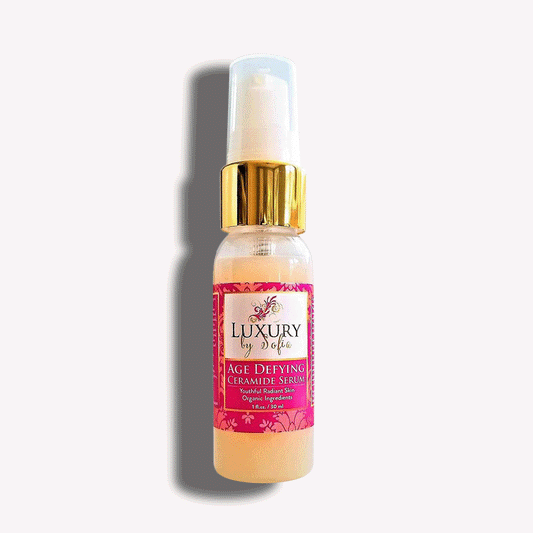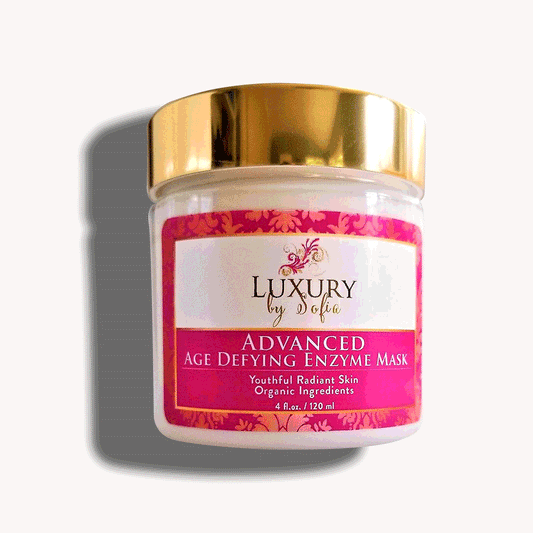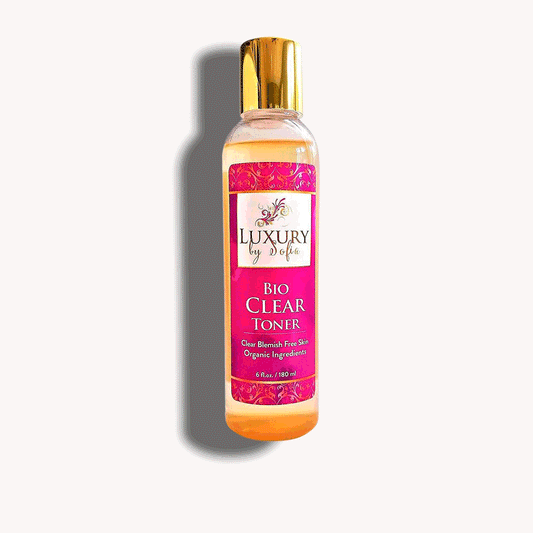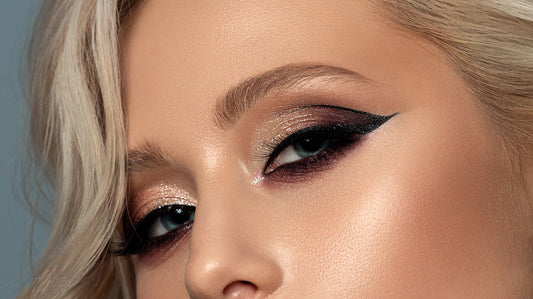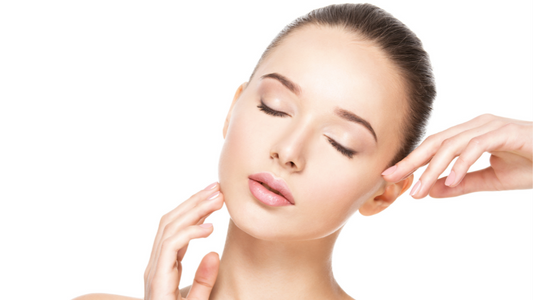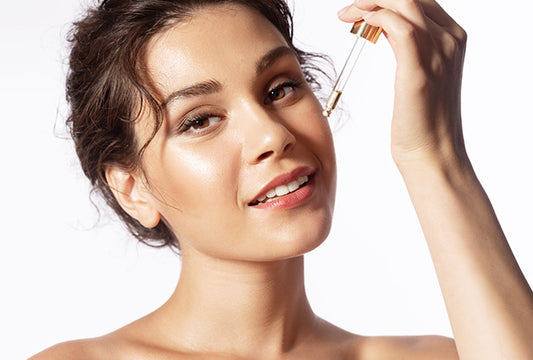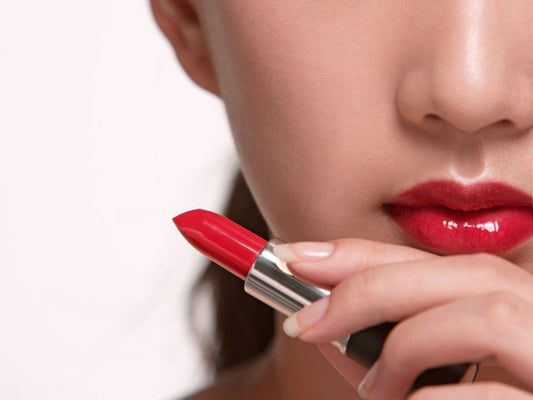Are you tired of dealing with stubborn acne? Don't worry; you're not alone. Acne affects millions of individuals worldwide and can have a significant impact on our self-confidence and overall well-being. If you're looking for a solution to healthy, clear skin, you've come to the right place!
In this article, we'll guide you through the ABCs of acne and provide you with a step-by-step plan to achieve a healthy complexion.

A - Avoid Aggravating Factors
The first step to combatting acne is to identify and avoid any factors that can aggravate your skin condition. These may include:
-
Diet: Some studies suggest that a high-glycemic diet, which includes sugary and processed foods, may trigger acne. Opt for a balanced diet rich in fruits, vegetables, whole grains, and lean proteins.
-
Stress: Stress can increase inflammation in the body, leading to breakouts. Practice relaxation techniques such as meditation, yoga, or deep breathing exercises.
-
Makeup: Choose non-comedogenic or oil-free products to prevent clogged pores. Remove makeup thoroughly before going to bed to allow your skin to breathe.
B - Build A Proper Skincare Routine
Establishing a consistent skincare routine is crucial for maintaining healthy skin. Follow these steps:
-
Cleanse: Use a gentle cleanser twice a day to remove dirt, oil, and impurities without stripping away moisture.
-
Exfoliate: Exfoliation helps remove dead skin cells, unclog pores, and promote cell turnover. However, be gentle and avoid over-exfoliating, as it can irritate your skin.
-
Moisturize: Always moisturize your skin, regardless of your skin type. Look for non-comedogenic, oil-free moisturizers to prevent pore blockage.
-
Apply Spot Treatments: Use acne spot treatments containing ingredients like benzoyl peroxide or salicylic acid to target specific blemishes.
-
Protect: Apply a broad-spectrum sunscreen with an SPF of 30 or higher to protect your skin from harmful UV rays.
C - Consult A Dermatologist
If over-the-counter treatments fail to improve your acne, it may be time to seek professional help. A dermatologist can assess your skin condition and recommend appropriate treatments. These may include prescription medications, topical creams, or even procedures like chemical peels or laser therapy.
Conclusion
Acne can be a challenging skin condition to manage, but with the right approach, you can achieve healthy and radiant skin. By avoiding aggravating factors, building a proper skincare routine, and seeking professional advice when necessary, you can take control of your acne and regain confidence in your complexion. Remember, consistency and patience are key on this journey to healthy skin.

